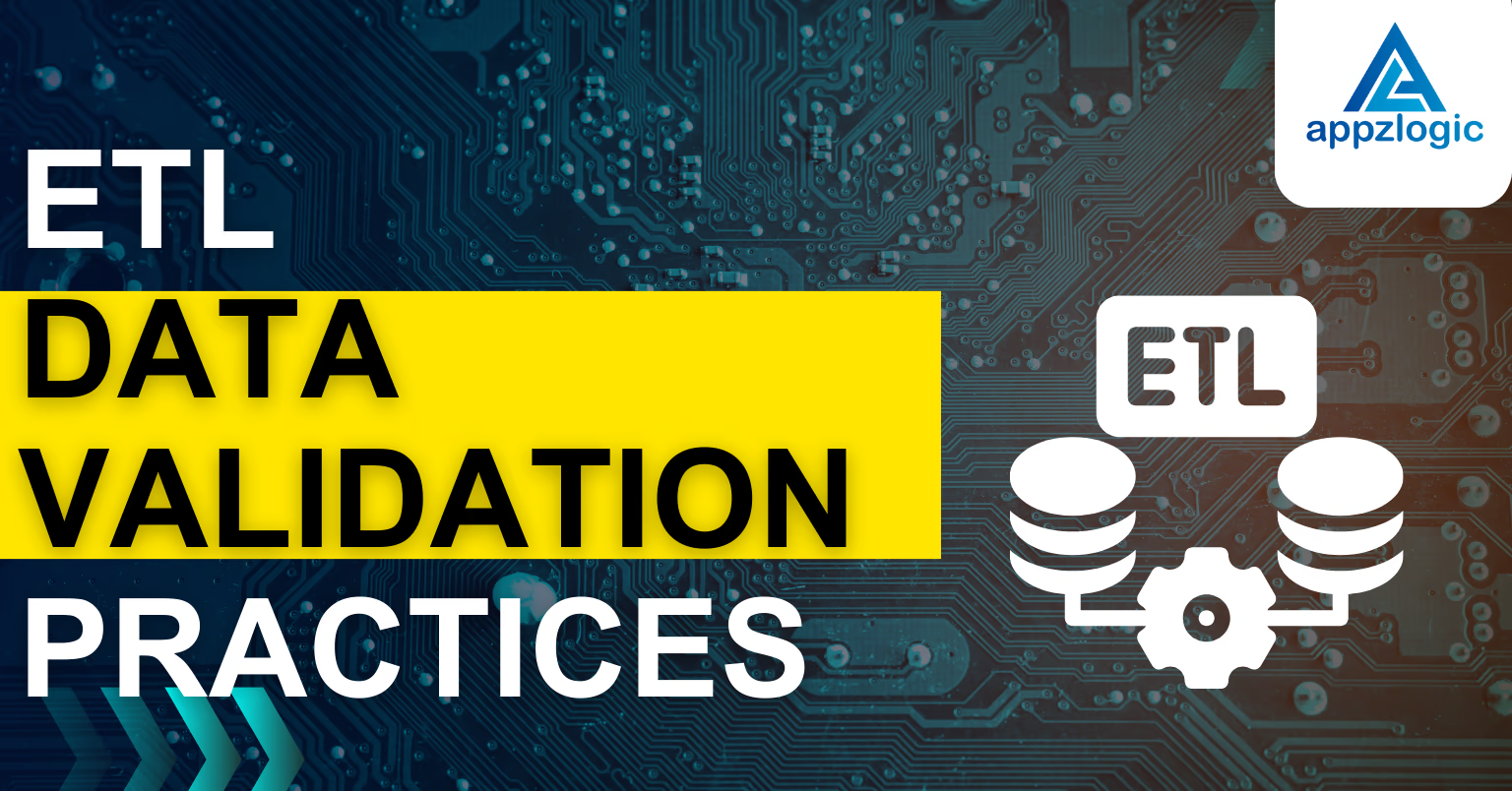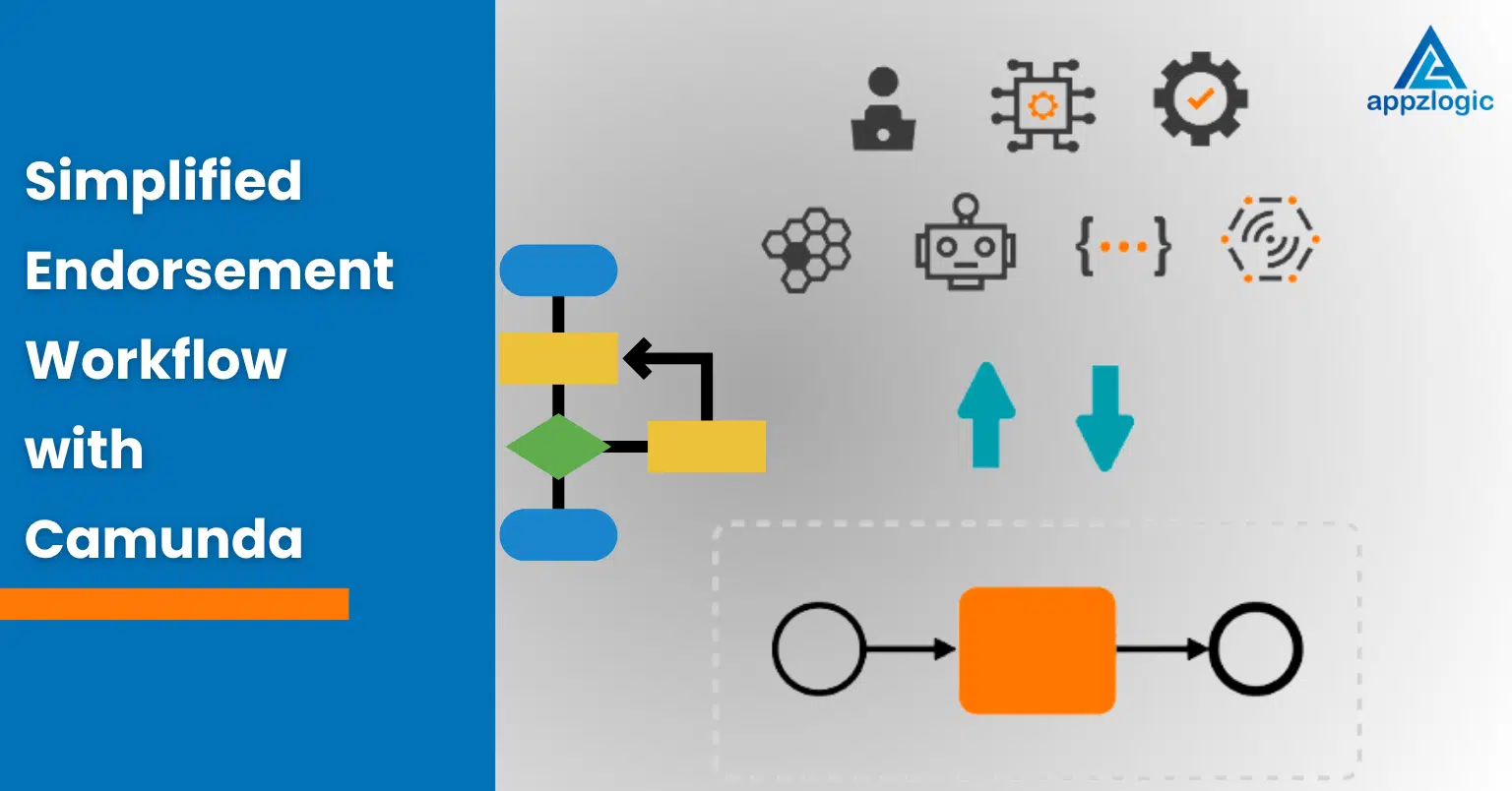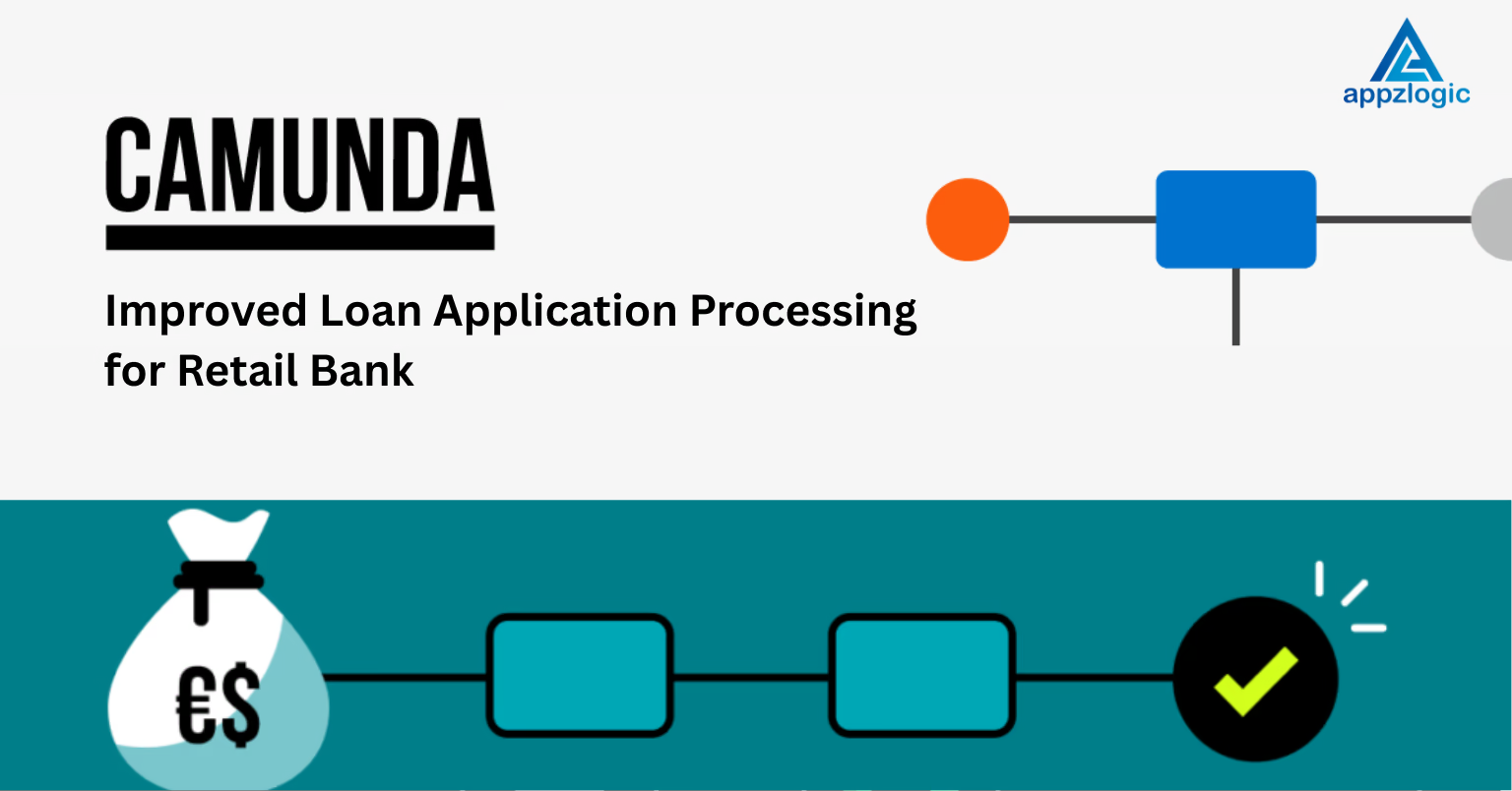ETL data validation practices for HBS

Overview
Harvard Business School (HBS) is a prestigious educational institution and a global community of learners that shapes business and management practices worldwide. Their mission is to create a positive impact on society through knowledge and innovation. HBS asked for advanced digital solutions to enhance collaboration, streamline operations, and support its global learning community. The main issue that HBS faced was integrating technology smoothly while maintaining the institution’s high standards of excellence and data security. So, we helped them with Data ETL Validation.
Challenges Faced by HBS
HBS relied on legacy data feeds that had been running in production without a structured validation mechanism. This led to inconsistencies, data integrity concerns, and compliance risks. The key issues included:
- Lack of Proper Validation: Many legacy feeds were operating without comprehensive verification, leading to potential inaccuracies.
- Onboarding Complexity: Absence of proper documentation and historical knowledge made it difficult to understand existing data flows.
- Obsolete Documentation: Business rules, data mappings, and metadata were outdated, making it challenging to trace data lineage.
- Data Quality Issues: Inconsistencies in primary and foreign key relationships, missing transformation logic, and discrepancies in record counts.
- Access and Execution Challenges: Permissions were required for various database objects, and execution monitoring of ETL loads was inconsistent.
- Informatica Monitoring & API Integrations: Limited visibility into ETL load execution and its impact on external integrations.
To address these issues, HBS required a robust ETL validation framework that would ensure data accuracy, reliability, and compliance. At Appzlogic we provide Testing services to help our clients for smooth functioning.
How We Tackled the Problem?
Appzlogic designed and implemented a structured ETL validation process that focused on comparing legacy feed executions with newly developed validation scripts. Our approach included:
- Metadata Collection & Mapping Analysis: We gathered detailed metadata from Informatica PowerCenter, analyzed data mappings, and traced data lineage from source to target.
- Business Rules Analysis: We reviewed and defined transformation logic to ensure consistency and correctness.
- Validation Script Development: SQL-based validation scripts were created to automate data integrity checks.
- Automated Validation Execution: Automated scripts generated comparison reports to identify discrepancies efficiently.
- Validation Process Sheet: A comprehensive document was created, capturing metadata, transformations, and validation logic.
Validation Execution and Outcomes
Once the validation framework was implemented, we conducted rigorous data validation based on key criteria:
- Counts Mismatch Verification: Ensuring record counts aligned between the source and target systems.
- Data Integrity Checks: Verifying primary keys, foreign keys, and relational integrity.
- Data Quality Assurance: Detecting anomalies and inconsistencies at a granular level.
- Metadata Validation: Ensuring schema consistency across different environments.
- Business Logic Verification: Assessing the correctness of transformation rules.
- Orphan Records Detection: Identifying records that did not have corresponding entries in target datasets.
Conclusion
Our ETL solutions help your business function smoothly. The implementation of a structured ETL validation framework for HBS significantly improved data quality, consistency, and reliability. Automating validation scripts reduced manual intervention, making it easier to detect and correct discrepancies efficiently. This framework now serves as a scalable and repeatable model for future ETL feed validation, ensuring HBS maintains high data integrity and operational excellence. By investing in a structured validation process, our client can now manage their data pipelines with greater confidence, efficiency, and compliance.
Read About: Why Automated ETL Testing is Essential for BI/Data Warehouse Initiatives.


